BLOCKCHAIN WHERE IT BRINGS VALUES
Climate smart mining
Sustainable bio-energy
Regenerative agroforestry
Supply chain and Resilient food system
About Us
Agrimine is a holistic approach and ecosystem enabler that catalyzes capital, connections, training, start-up and innovation acceleration and young generation climate-smart practices awareness-raising.
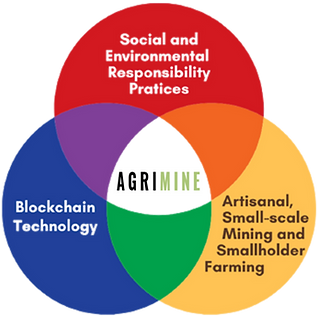
Insights
22.9.23
Understanding the Complex Drivers of Global Migration
Global migration is driven by a web of complex factors, including global warming, unfair globalization, poor governance, north-south political connivance, and information bias. Rising sea levels, extreme weather, and economic disparities force people to seek refuge elsewhere. Corruption and inadequate governance hinder basic needs, prompting migration. Political manipulation exploits and destabilizes southern countries, fostering migration. Information bias affects informed decision-making. A holistic approach is necessary, addressing root causes like global warming and governance issues while establishing humane, organized migration systems that safeguard migrant rights.
11.11.22
How DAOs Can Revolutionize Funding in Africa.
DAOs (Decentralized Autonomous Organizations) hold immense potential to revolutionize funding in Africa. By leveraging blockchain technology and decentralized decision-making, DAOs offer transparency, efficiency, and inclusivity, enabling African projects and initiatives to access funding with reduced bureaucracy and enhanced trust, potentially spurring innovation and development across the continent.
23.9.22
Share Your Prosperity or I'll Share My Insecurities
“Bantu Wisdom: Sharing Prosperity or Facing Shared Distress”
Bantu philosophy, emphasizing interconnectedness, views wealth sharing as essential to societal vitality. ‘Ubuntu’, meaning ‘I am because we are’, encapsulates this, challenging the modern world’s wealth disparities. Bantu wisdom teaches that prosperity isn’t solely material but is the collective life force of the community. Economic inequity not only harms the impoverished but destabilizes society, affecting everyone. Therefore, equitable wealth distribution is crucial for the collective well-being and maintaining the social fabric. This philosophy offers a path to a sustainable future where shared prosperity is key to preventing shared distress, highlighting our global interdependence.
5.3.22
African Low Crop Yields and Bioenergy: A Global Challenge.
Over half of Africa’s energy comes from bioenergy, such as firewood and charcoal. Unlike the rest of the world, where agricultural yields are high, Africa’s growing population is fed by expanding agricultural land at the expense of forests, biodiversity, and other natural resources, posing a challenge for all humanity.
23.8.20
Addressing Inequality: A Pathway to a Global Population of 6 Billion
Addressing inequality is the most effective strategy in the fight for ecological sustainability.
A study by the Club of Rome found that if current trends persist, the global population will peak at 8.6 billion in 2050 and decrease to 7 billion by 2100, which is 2 to 3 billion less than other forecasts. This is because inequality is a major driver of environmental degradation. When people are struggling to meet their basic needs, they are more likely to exploit natural resources unsustainably.
To combat climate change and other environmental problems, we need to address inequality by reducing poverty, increasing access to education, and empowering women. This will create a healthier, more equitable world for all.
Challenges
10% of the world population suffers from hunger and malnutrition
50 % of the earth’s habitable land is already used for agriculture
30 % of the food currently grown goes to waste somewhere in the production and delivery process.
80 % more food will be required for humanity by 2100
72% of all water withdrawals are used by agriculture
60% - 75% of global deforestation, habitat and biodiversity loss is due to agriculture
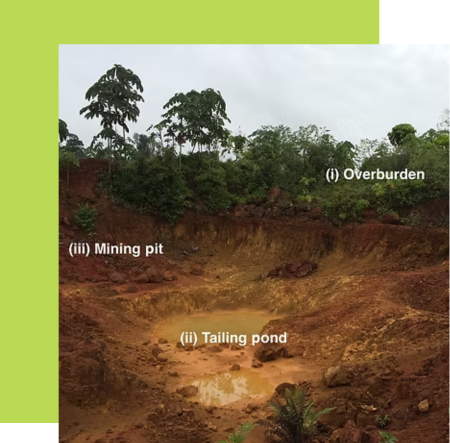
MINING AND FARMING LINKAGE
Small-scale agriculture, artisanal and small-scale mining depend on each other to thrive and compete for infrastructure, land, water and labor, sometimes resulting in environmental damage.
In addition, in many countries, the opacity of the supply chain leads to mineral tax evasion that exceeds the total amount of development aid.
Artisanal, small-scale mining and smallholder farming in a nutshell
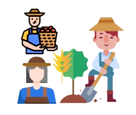
~600 million worldwide
Smallholders farmers and artisanal miners
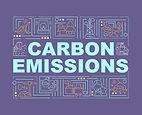
10 -30%
Global carbon emission
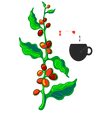
80-85%
World coffee production

85-90%
World coffee production

20-30%
World gold production

40-50%
World coltan production










